Why Startups Fail: Everything You Need to Know
You may have heard the popular statistic , "90% of startups fail, 10% in their first year." You may have also heard that the best way to build wealth is to venture into business — in other words, set up a startup.
What is a startup business, and how can you ensure you're in the lucky 10% of startups who go on to be successful? This article discusses why startups fail and how you can build your startup the right way using UDN Task Manager .
What is a startup business?
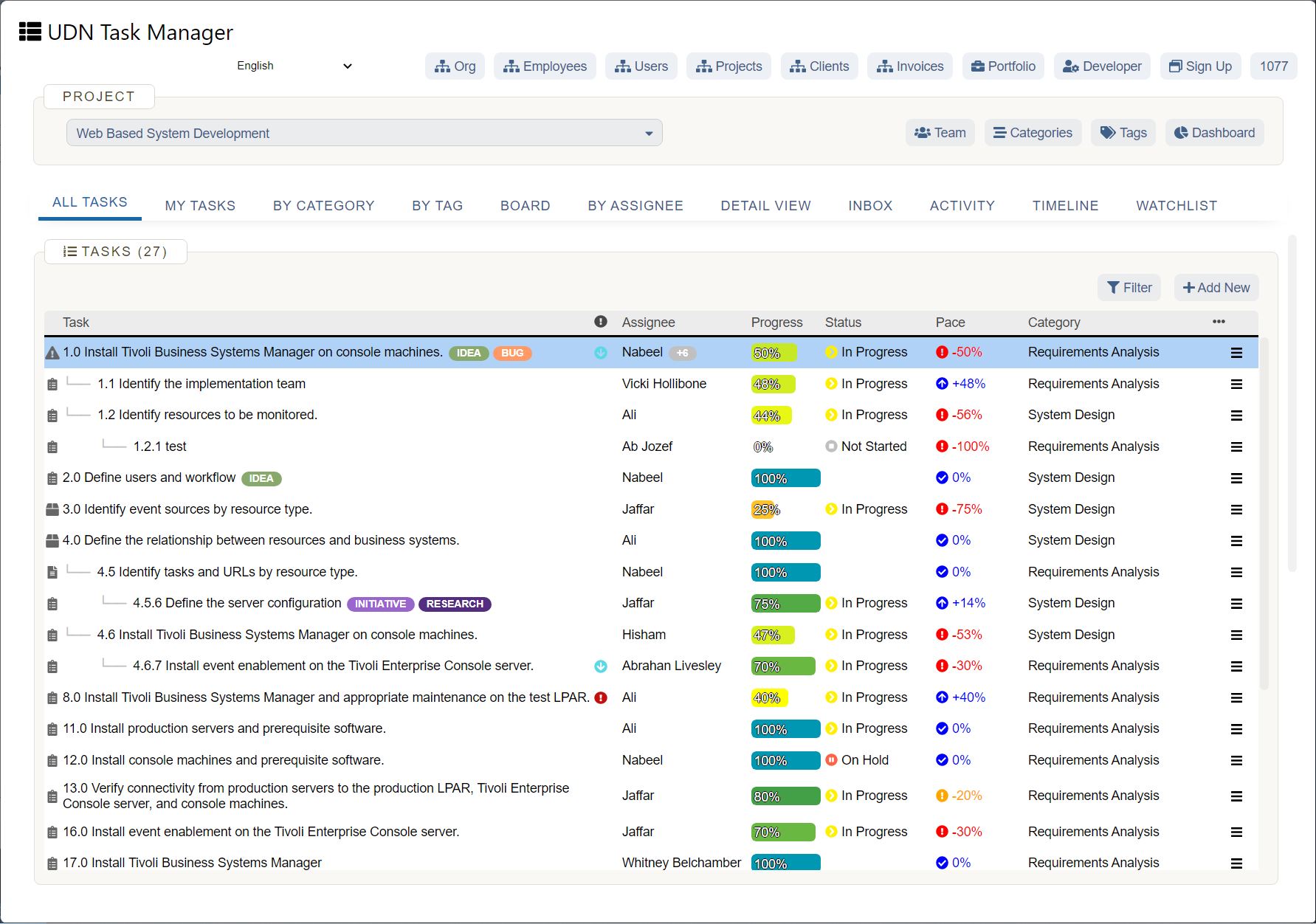
Startups are companies in their initial stages of operations. They are founded by entrepreneurs who believe they've created a product that addresses a need in the market. Not every startup makes revenue right away, so appealing to startup investors and venture capitalists is crucial to sustaining their journey.
Why do startup businesses experience problems?
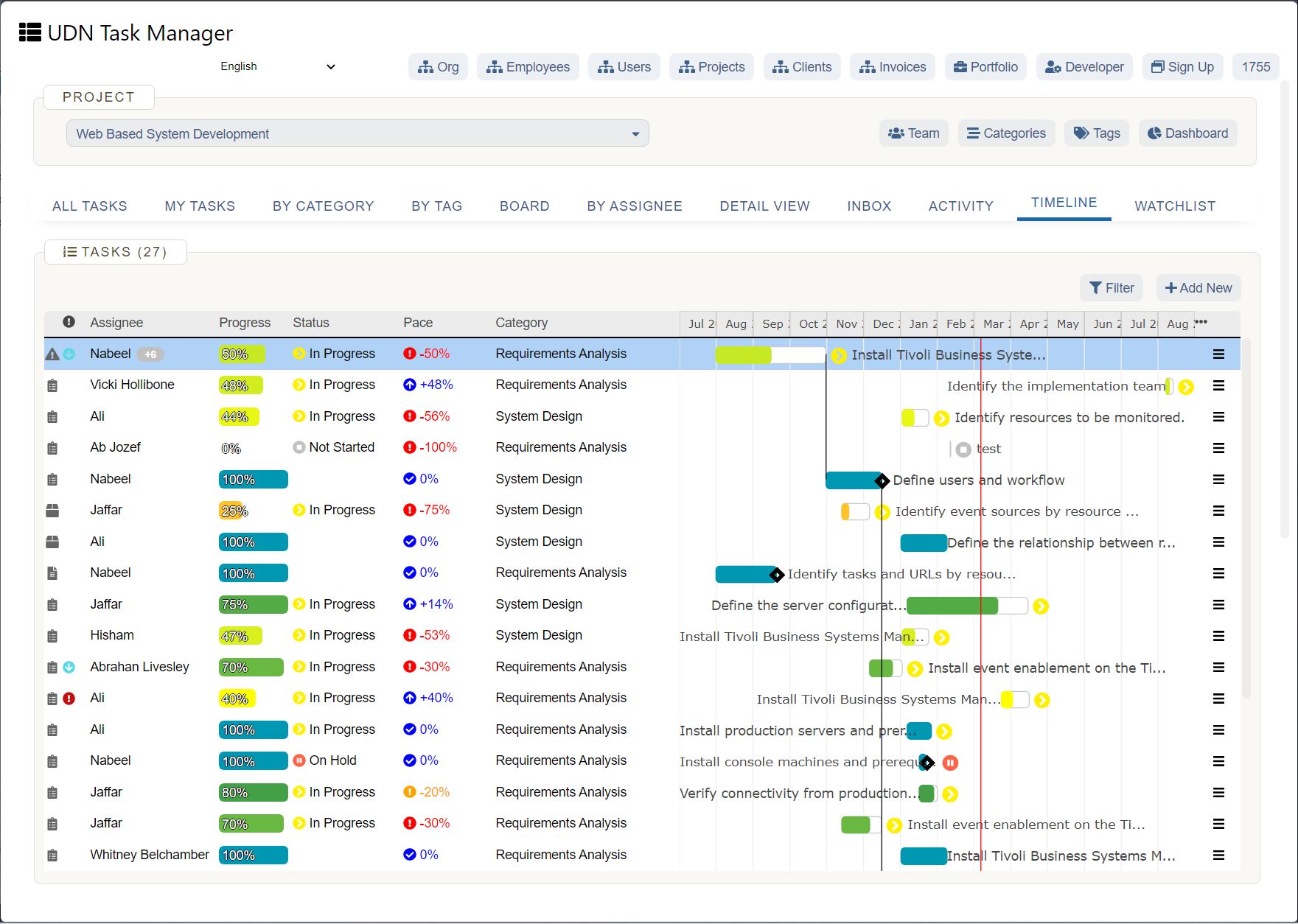
Launching a business is exciting, but most first-time entrepreneurs have no idea of the challenges that lie ahead. Building a business requires resilience, clarity of purpose, the ability to inspire and persuade others about your vision, and expanding your knowledge about your field to stay ahead of market trends and innovations.
Startups experience problems for many reasons. It could be company culture issues, a lack of product-market fit , or unique problems entrepreneurs face in a specific industry or region.
A company is most vulnerable at its beginning. Early-stage startup founders must be able to juggle many deals, teams, and targets while keeping customers, startup investors, and other stakeholders happy.
Disorganized or unprepared founders may find themselves unable to cope. To avoid such a situation, we compiled a list of the ten most common reasons why startups fail.
The main reasons why startups fail
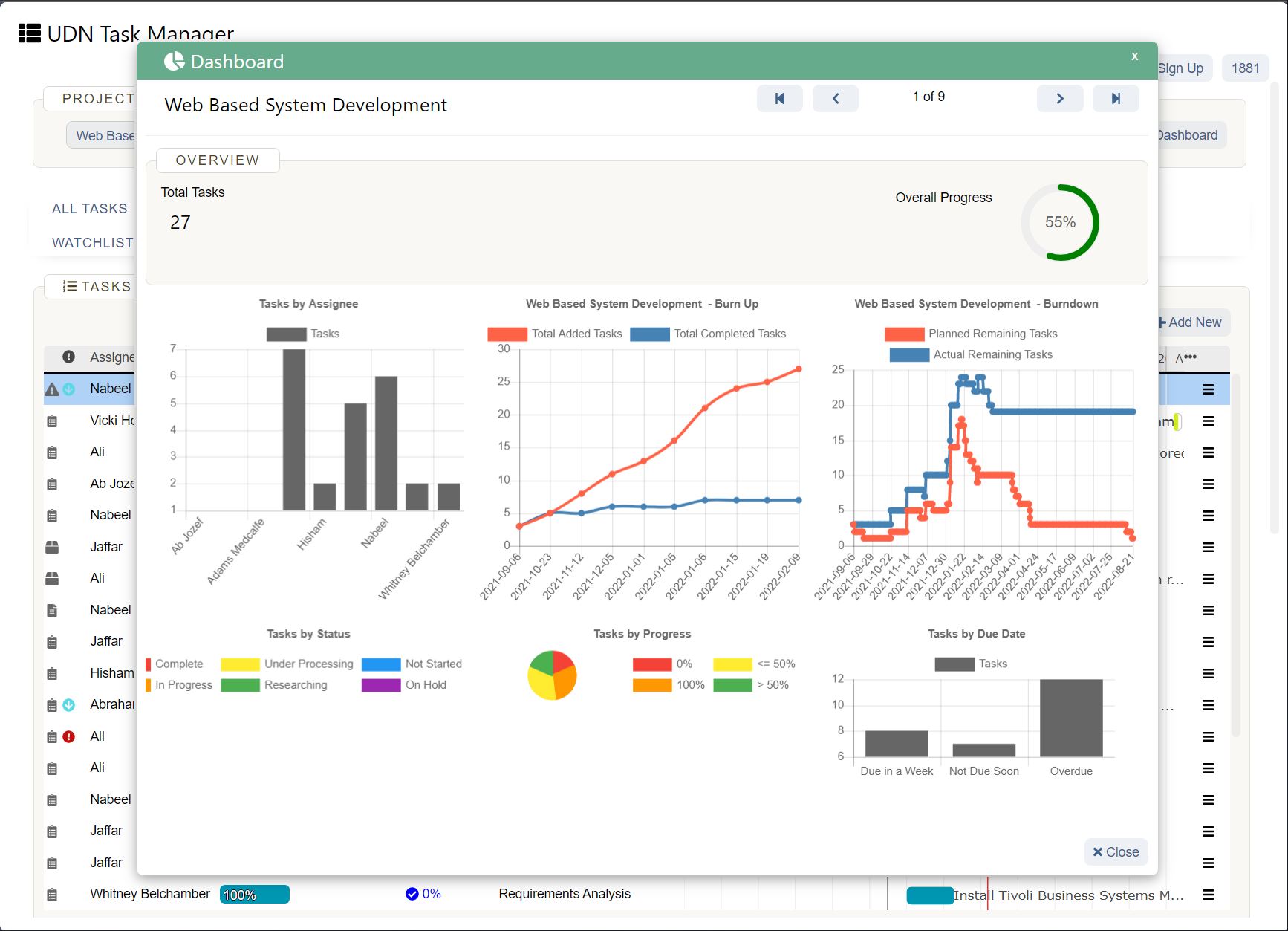
There are many reasons why startups fail. The most recurring startup problems are:
Lack of market
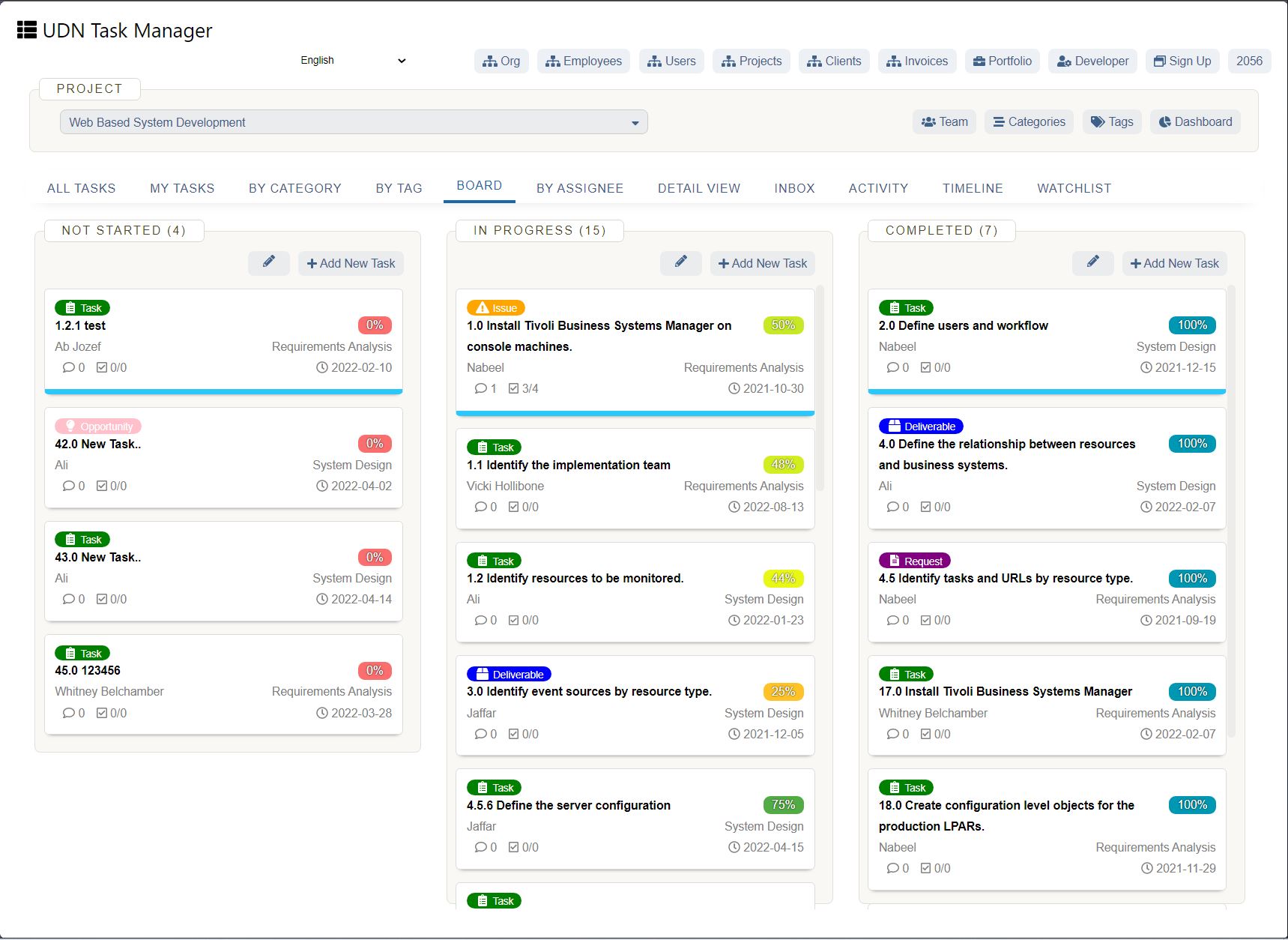
Just because an entrepreneur finds a problem interesting does not mean there's a market need for a solution. In a recent survey, CB Insights analyzed 110 failed startups and found that the number one reason most startups fail is that they build for small or non-existent markets.
This happens easily to entrepreneurs who work in isolation or, on the flip side, rely on their friends and family to validate and buy their products. Conducting extensive market research is crucial for startups to succeed. You must be certain there is indeed a market for your products to support your business.
No resources

With most new startups, there are typically limited funds to build a team and execute their vision. Founders who bootstrap their startups must become creative in how they execute their goals, whether it's in how they market the product, gain the attention of the press and public, or build a brand reputation in today's competitive business landscape.
Learning to allocate funds to the activities with the most ROI is vital. It saves the limited startup resources and forces the team to build only features and services that benefit the customers.
Not working with the right people
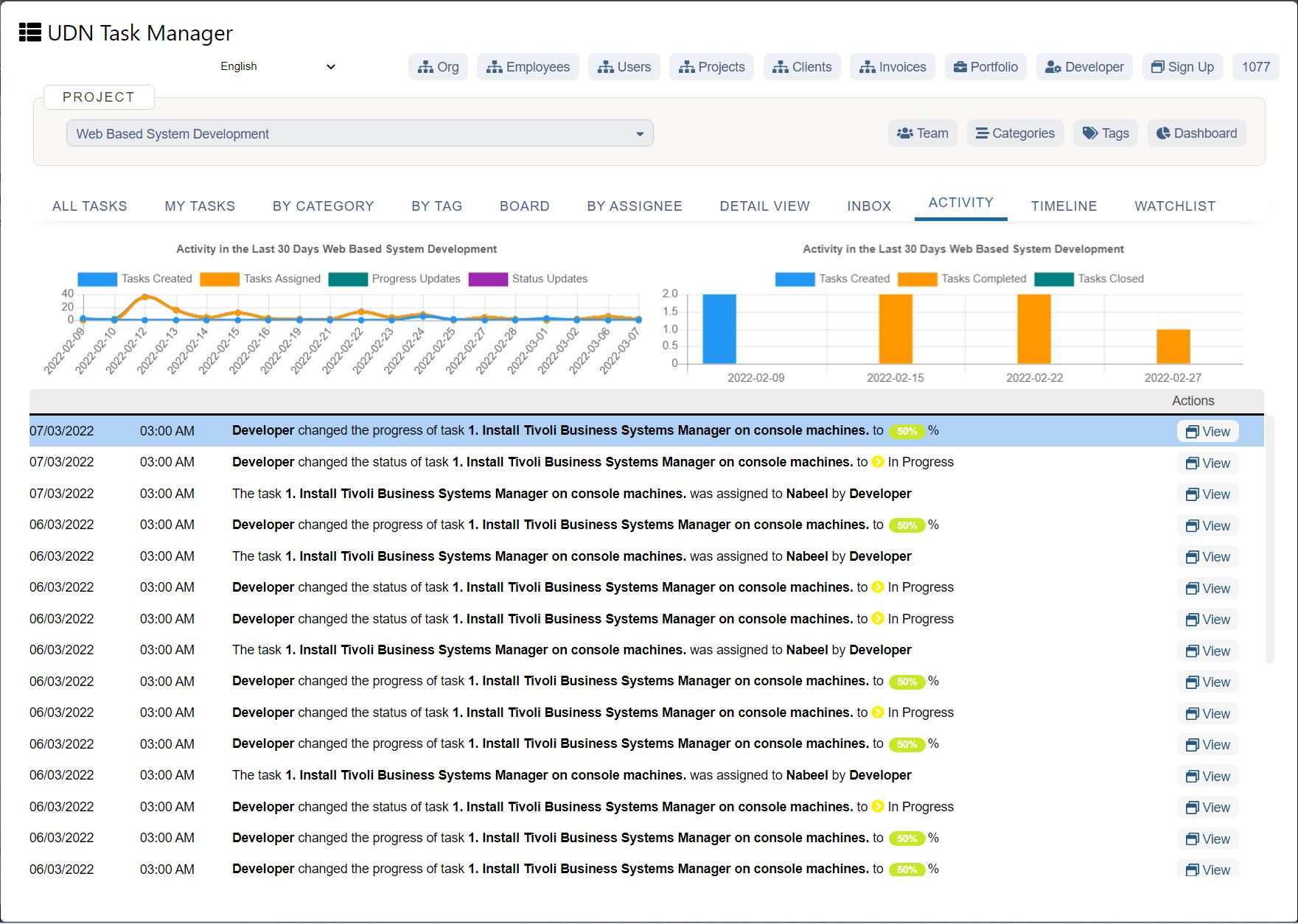
Finding the right people plays a huge role in a startup's success. The right team isn't limited to just founders and employees, but also startup investors, advisors, and partners.
The right team increases the chances of startup success. Employees should believe in and care about the company's vision and reputation, and in turn, founders and companies must create work environments that bring out the best in people. Let go of employees and team members who do not align with company values. True innovation, adaptation, and execution can only come about when there is trust and team harmony.
At the same time, founders and managers must instill faith in the company’s investors and shareholders. Startup investors need to perceive the team's passion and see progress and follow-through on the business goals.
The market is too competitive
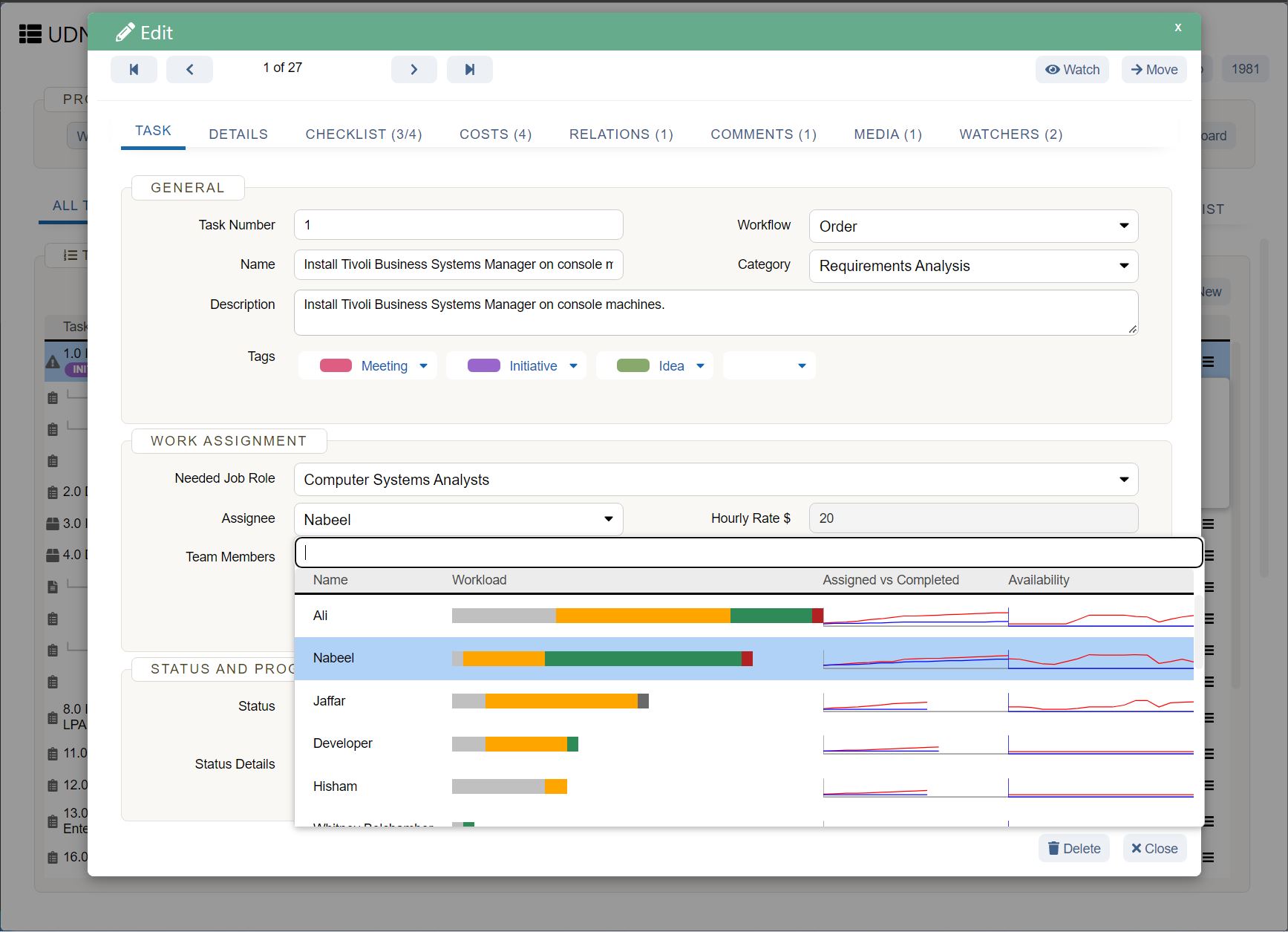
Competition is what capitalism is about. It helps reduce prices for the customers while also allowing the best products to rise to the top. Although competition is expected in any industry and at any stage of a company's life cycle, it is even more acute at the beginning.
Without a clear differentiating factor, startups can find it challenging to grow, as the cost of acquisition for each customer (CAC) may become too high to sustain in the long run. While obsessing over the competition is not the best way to spend work hours, ignoring their activities isn't either. According to research by CB Insights, this is the reason for 20% of startup failures.
A flawed pricing model

A flawed pricing model is one of the common startup problems. Not knowing how to set their price, especially when entering a new market, can make or break a company. You don't want to set a price that is too low, as it reduces the perceived value of the product. At the same time, you want a price low enough for customers to buy without much financial uncertainty.
Test different pricing strategies at the beginning of your startup journey. You want a price that is high enough to be able to cover operational costs and provide a healthy profit. A low profit margin to increase customer purchases and gain market share may be a good idea in the short term, but not in the long run as operations grow along with accompanying costs.
Not enough research
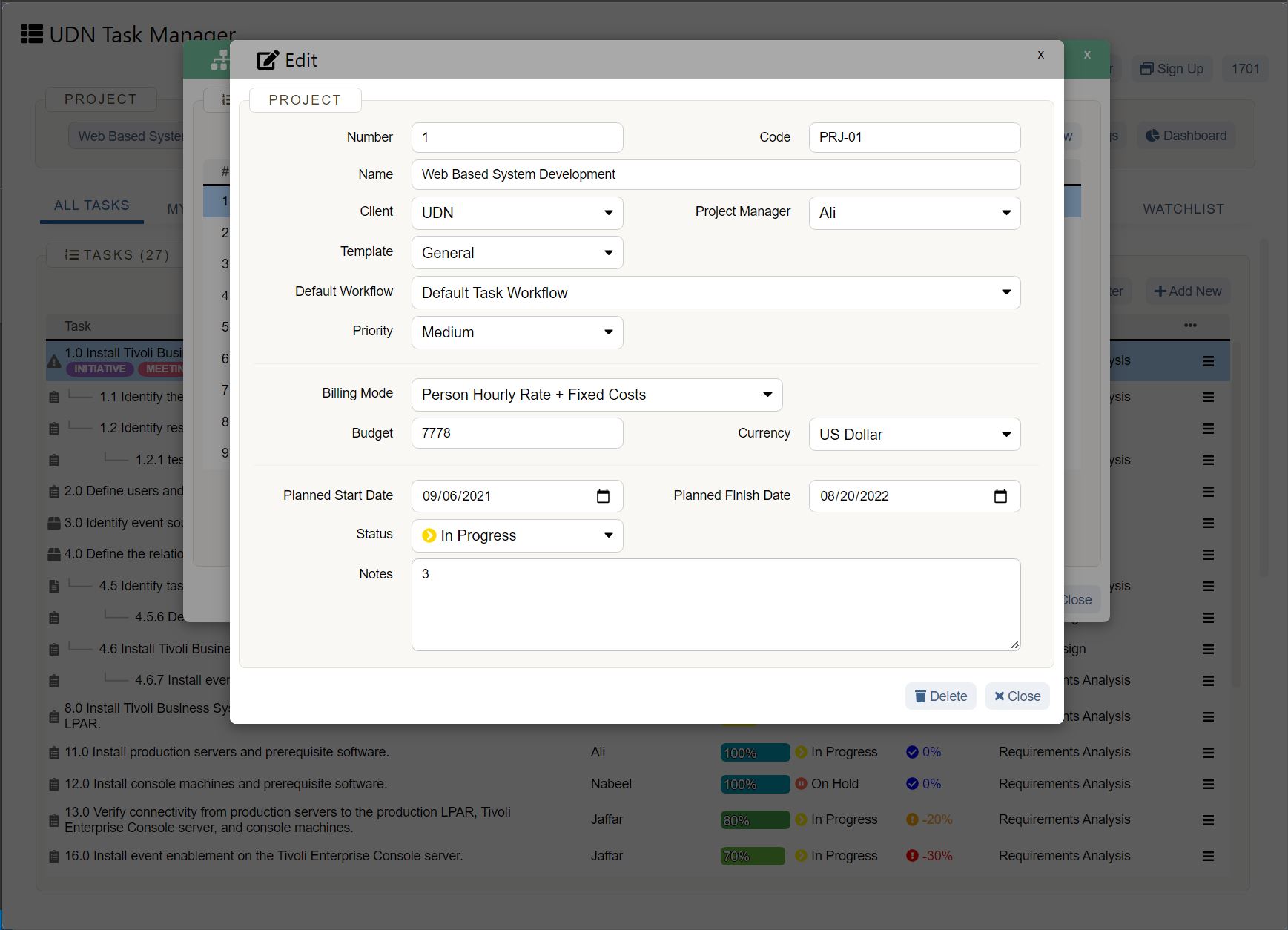
Research by CB Insights also shows that a flawed product is another frequent cause of startup problems and failure.
While spending heavily on research may not be one of the prioritized startup costs, many benefits come from setting aside resources to understand what customers really want and need. If your product doesn't offer enough value to your intended customers, spending heavily on marketing will not buy the customers' loyalty.
Through research and intentional customer engagement, you can create a product useful enough to make buyers feel like they need your product — instead of you trying to convince them to buy your products.
No solid business plan
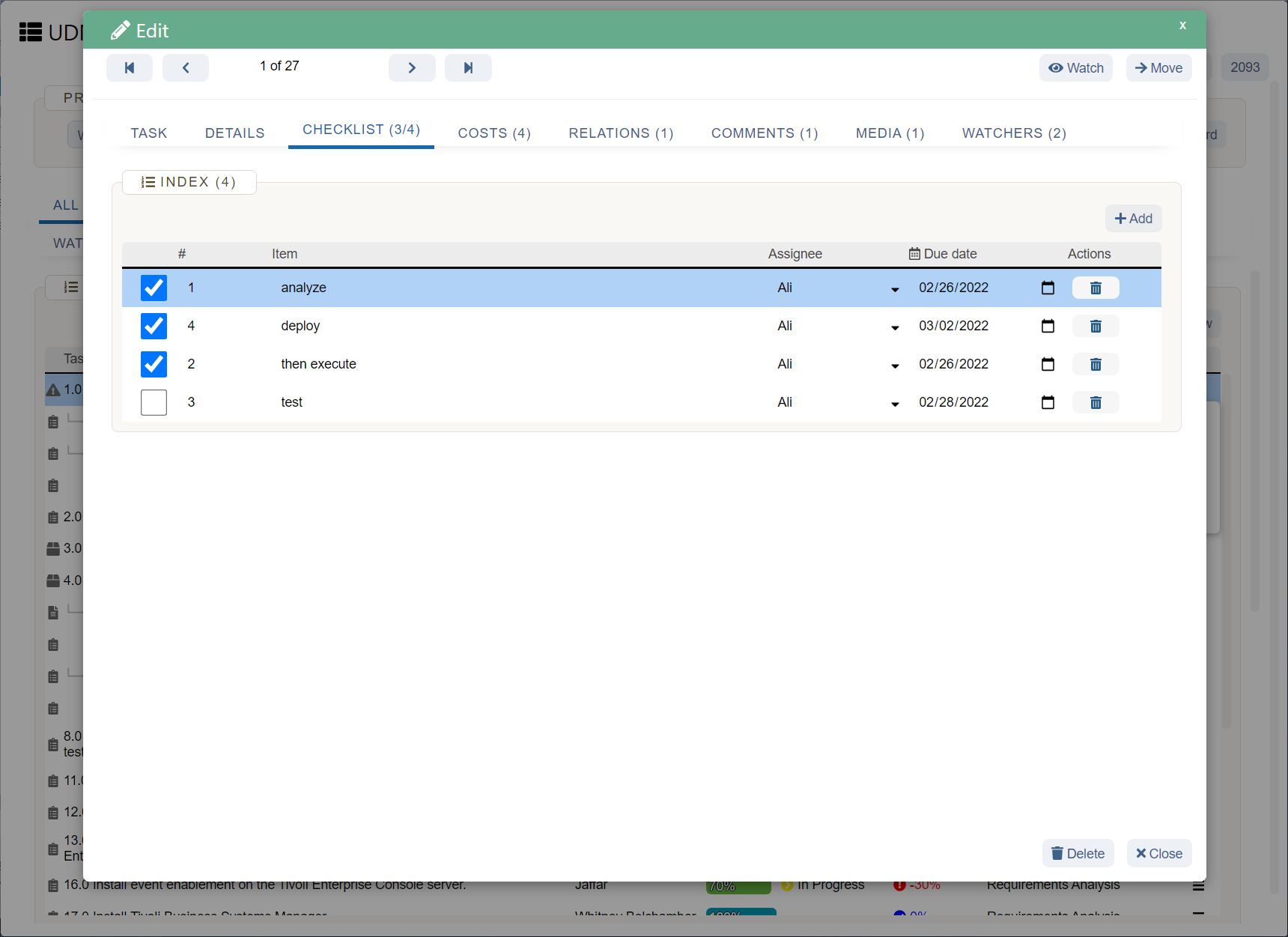
A good business plan helps you calculate if the lifetime value of a customer (CLTV) is higher than the cost of acquiring a new customer (CAC). It might feel good to get your first few customers, but what matters is if the money spent on acquiring customers is less than the cost. If it isn't, your startup business is not yet set up for long-term success and profitability.
A good startup business plan requires proper market research; this is what appeals to startup investors. If your research shows that your CAC is too high, chances are the startup business may fail. Your stakeholders need to know that you can scale. Create a sound business model startup investors can trust and you can rely on as you grow.
Marketing efforts fall flat
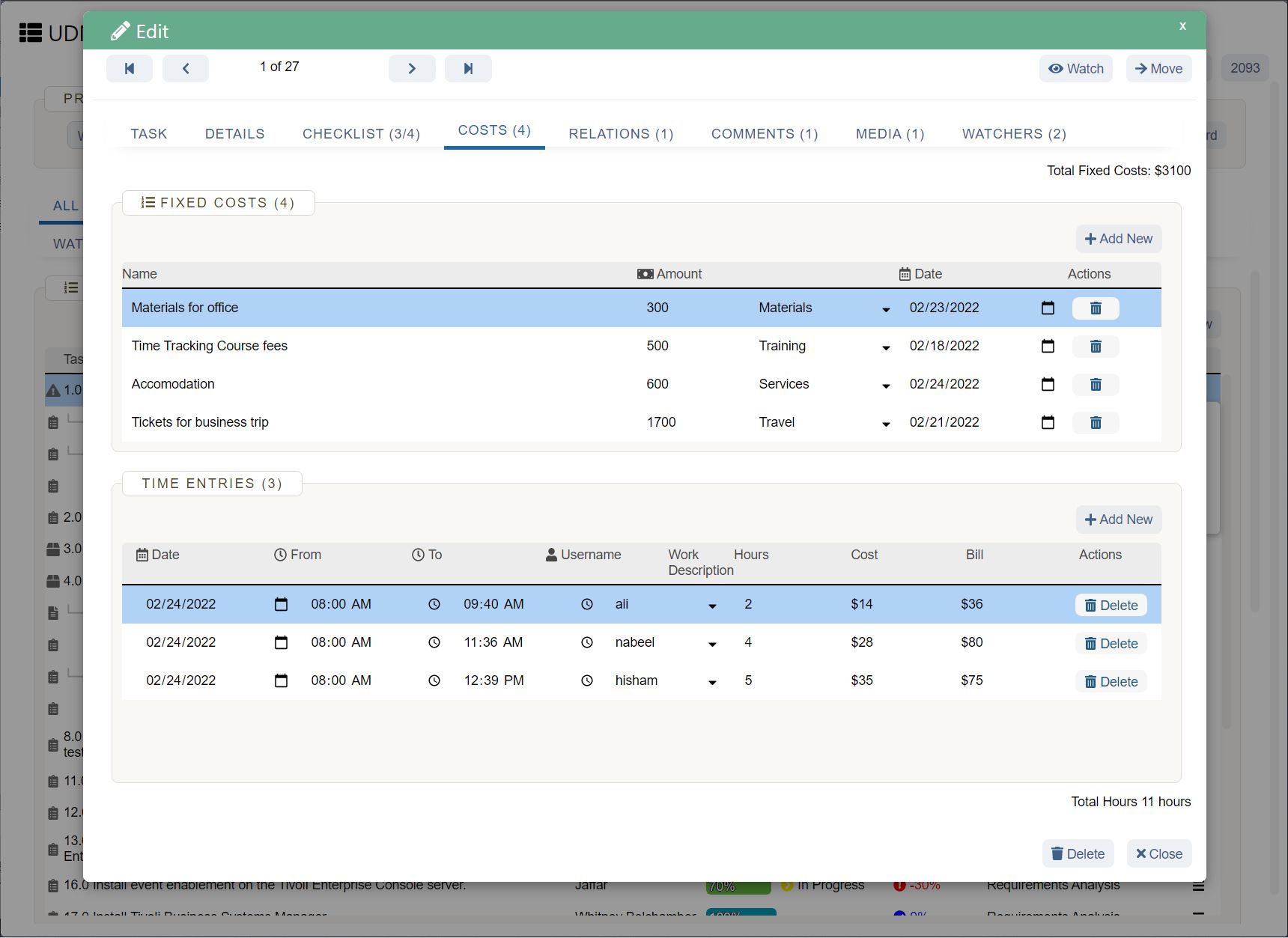
Marketing is the heart of any company. It shows your company values, how it operates, and how you seek out and treat customers. Your company's growth and profitability rely heavily on how well your team can market your services to the right consumer. There is no point in having an innovative product in an untapped market if nobody knows about it.
Startups fail in marketing when they misunderstand market research, invest in features nobody wants, and emphasize the wrong benefits in their marketing messages.
Founders and startup employees often get caught up in a bubble with their shiny new products, leading to poor and unsuccessful marketing efforts. Pay attention to customer feedback and behavior, and emphasize the most used features of your product or startup in your messaging to improve marketing.
Timing is wrong
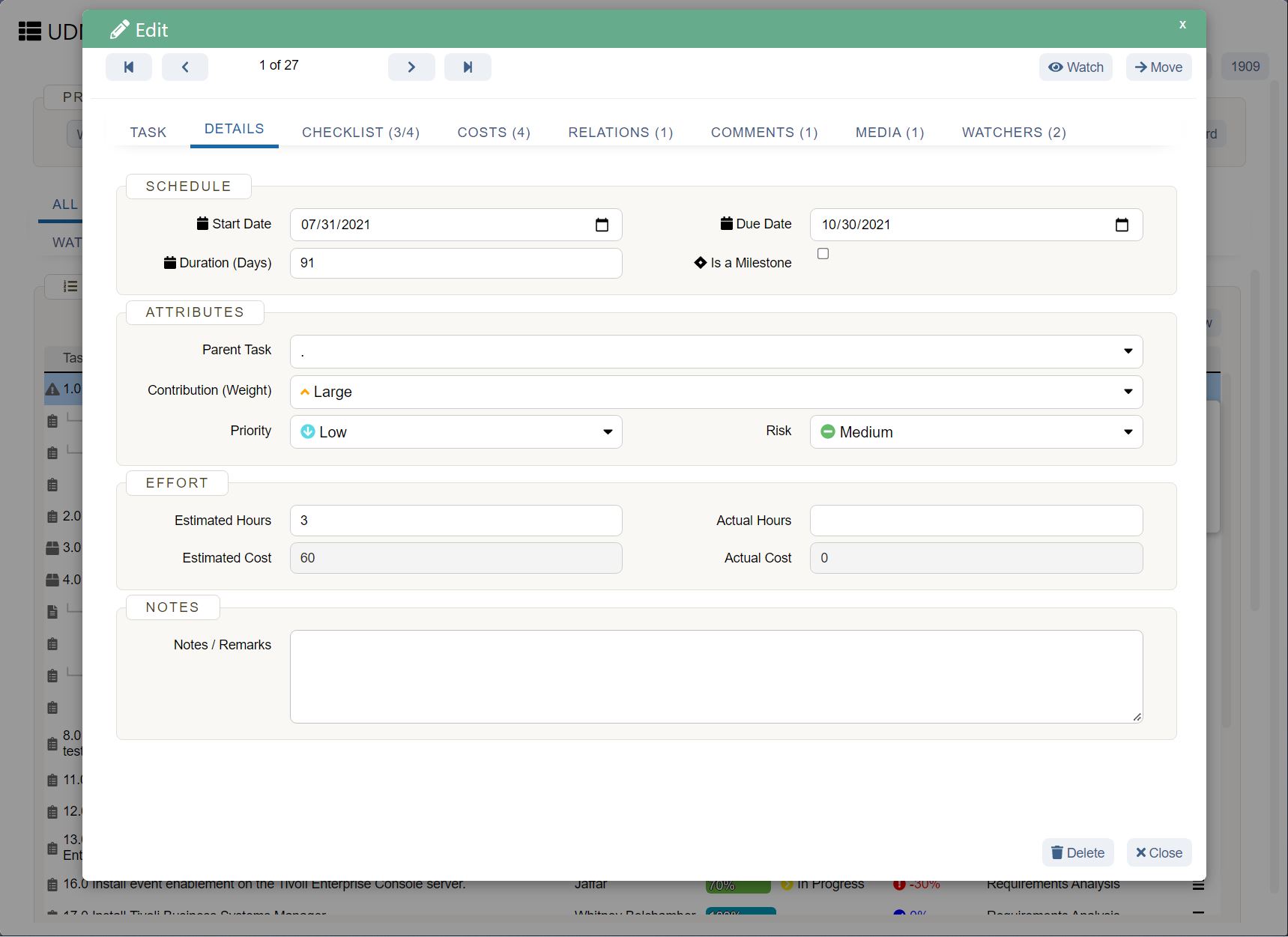
You can have the best team, a solid business plan, and find a market that needs your product, but if you don't get your timing right, all of that will be for nothing.
An example of poor timing is if you create a product in anticipation of a growing trend, but cannot launch early enough to meet the market demand due to production delays. Now the market is oversaturated with competition, and you have to figure out a whole new way to rebrand and position your startup.
At other times, you may be too early. Nobody knows they want your product yet, and you run out of runway before hitting critical mass. Timing, according to TED Talk speaker Bill Gross, is the most important reason why startups fail or succeed.
The company name is irrelevant
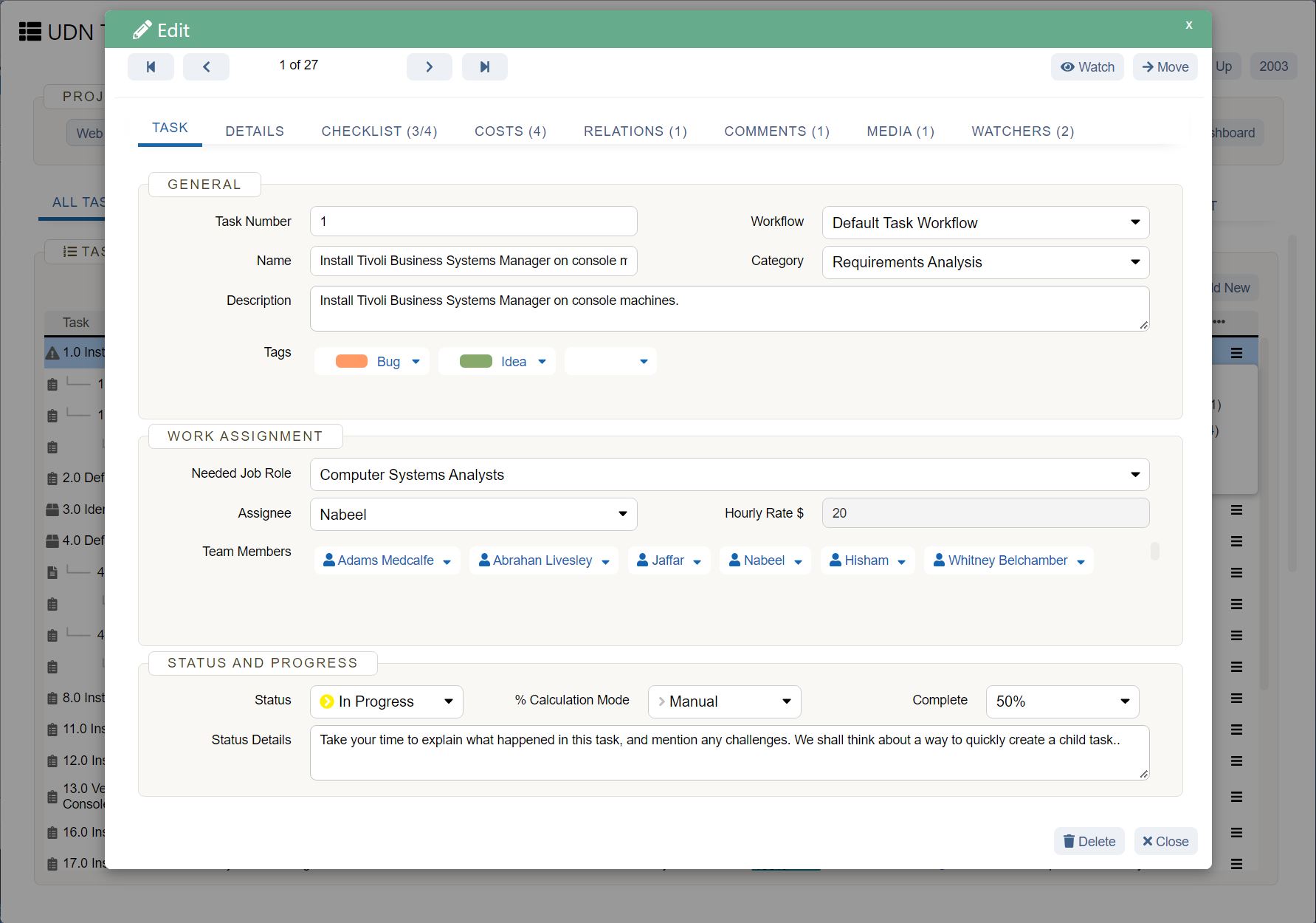
Branding is everything in today's digital-enabled world. Your company name and reputation have a significant impact on the success of your startup. A name isn't just a word; it connotes a lot more.
Customers should be able to draw parallels between your company name, product, and values. Think about Apple. The moment someone mentions the company name, people think design, luxury, and innovation.
An irrelevant company name adds no value to the business. It may even leave a poor first impression on potential leads, customers, or startup investors, meaning you lose opportunities before you have a chance to sell what your company can do.
How to build your startup the right way
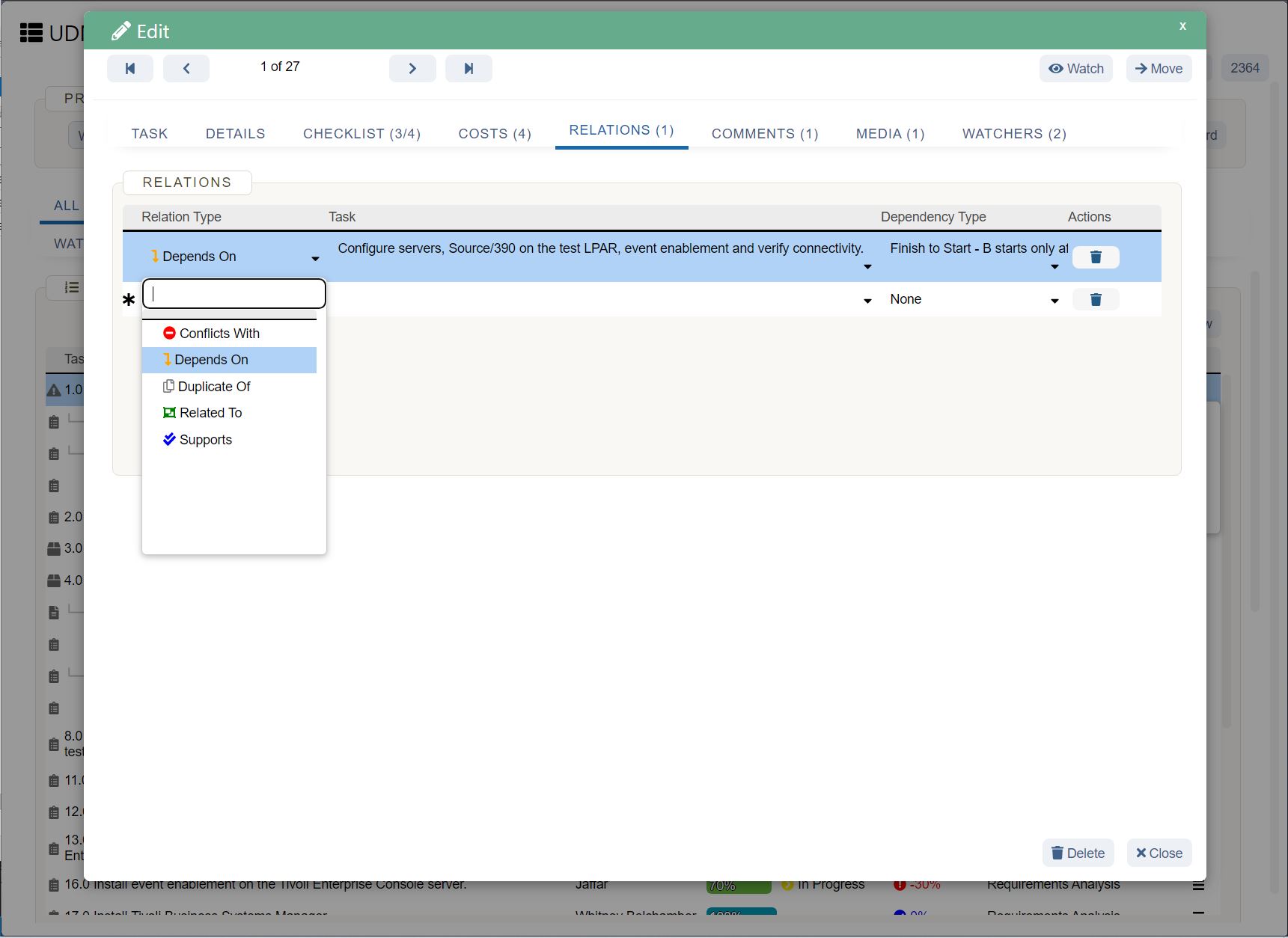
There are many ways to build a startup correctly. Finding what you're good at and creating a positive and memorable customer experience is a perfect recipe for long-term success.
Keep your customers in mind at all times and maximize efficiency, empathy, and productivity to create features that help them solve problems and achieve more. A few other tips for building your startup the right way include:
Look to make a positive social impact, not just a financial achievement
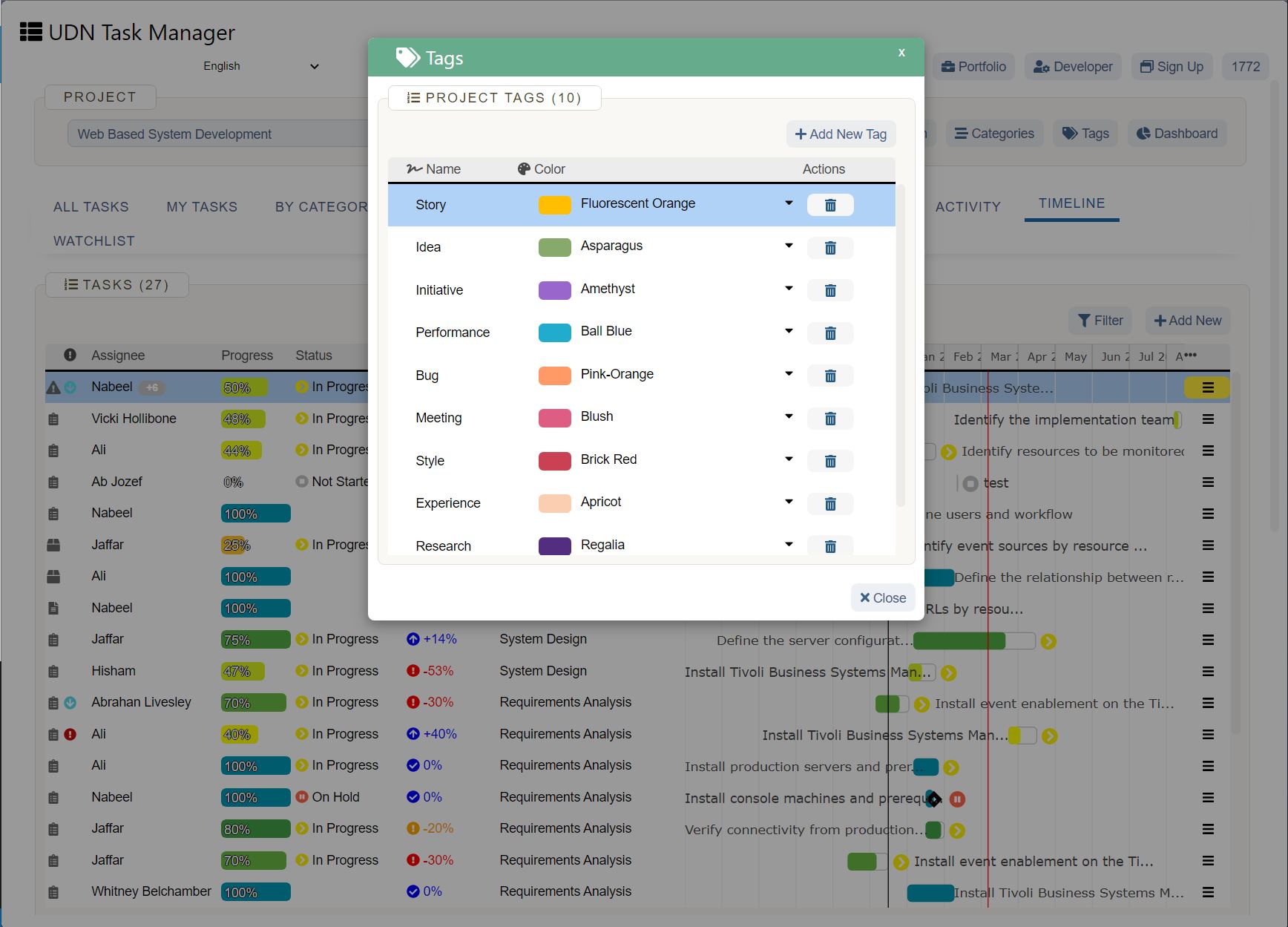
In a book called " Building Companies To Last ," Jim Collins wrote that out of all the visionary companies that have found success in the last fifty years, none said maximizing profit and growth was their foundational motivation.
This is not to imply that you should ignore the financial side of things, but that by building a company that cares about people, you're building a company more likely to last and outlive the competition. You can keep an eye on the bottom line while developing a business that creates an incredible amount of value for your customers.
Build a strong team
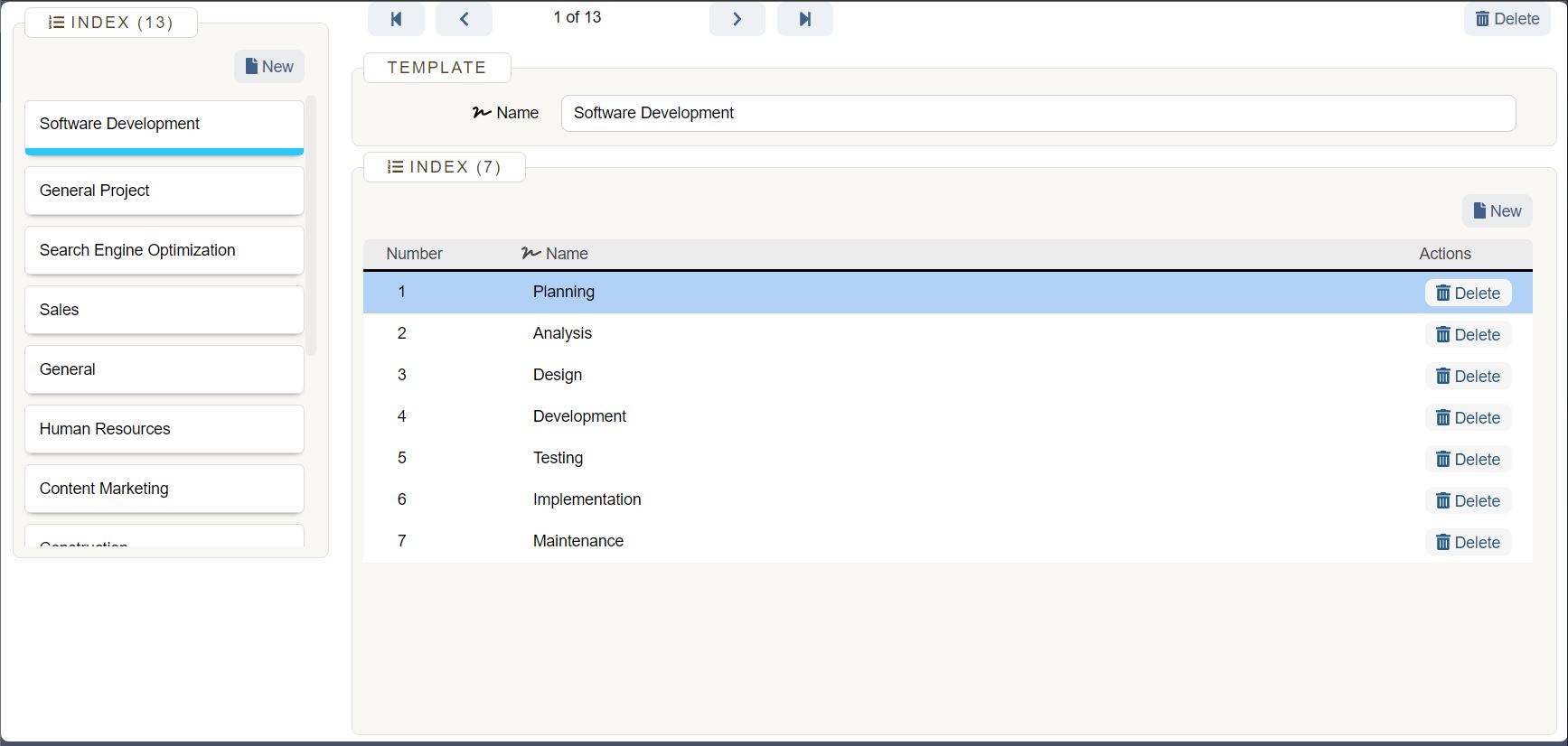
A strong team allows you to grow from founder-driven decisions to a solid leadership group that sees beyond one perspective. Most successful companies don't rely on one person to make all the critical decisions. As you scale, it becomes impossible to do so.
You must learn how to delegate responsibilities to team members and managers, capitalizing on their unique strengths and perspectives. Delegating builds trust in organizations while freeing up time for managers to work on strategic tasks. It also allows team members to work with autonomy and grow in their roles.
Get real validation for your startup concept
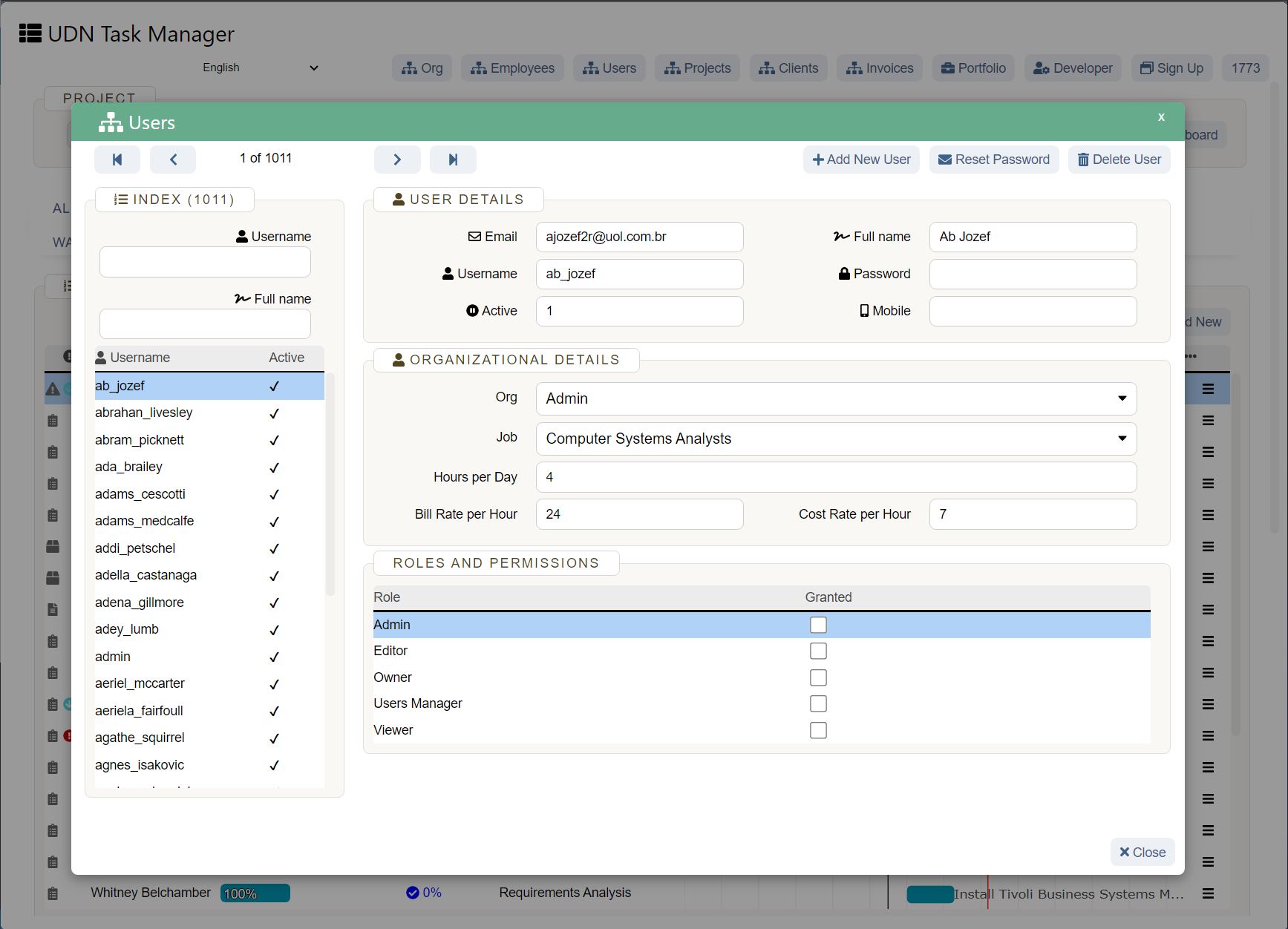
Find validation for your solution before you build beyond a minimum viable product (MVP). As you grow and get results, stay ready to pivot to match the results of your market research and interactions.
Creating the right solution for your customers gives real-world value to your startup. Take time to find out how your product fills a void in the market and if there's enough need for your solution to build a product around it.
Using UDN Task Manager to manage your startup
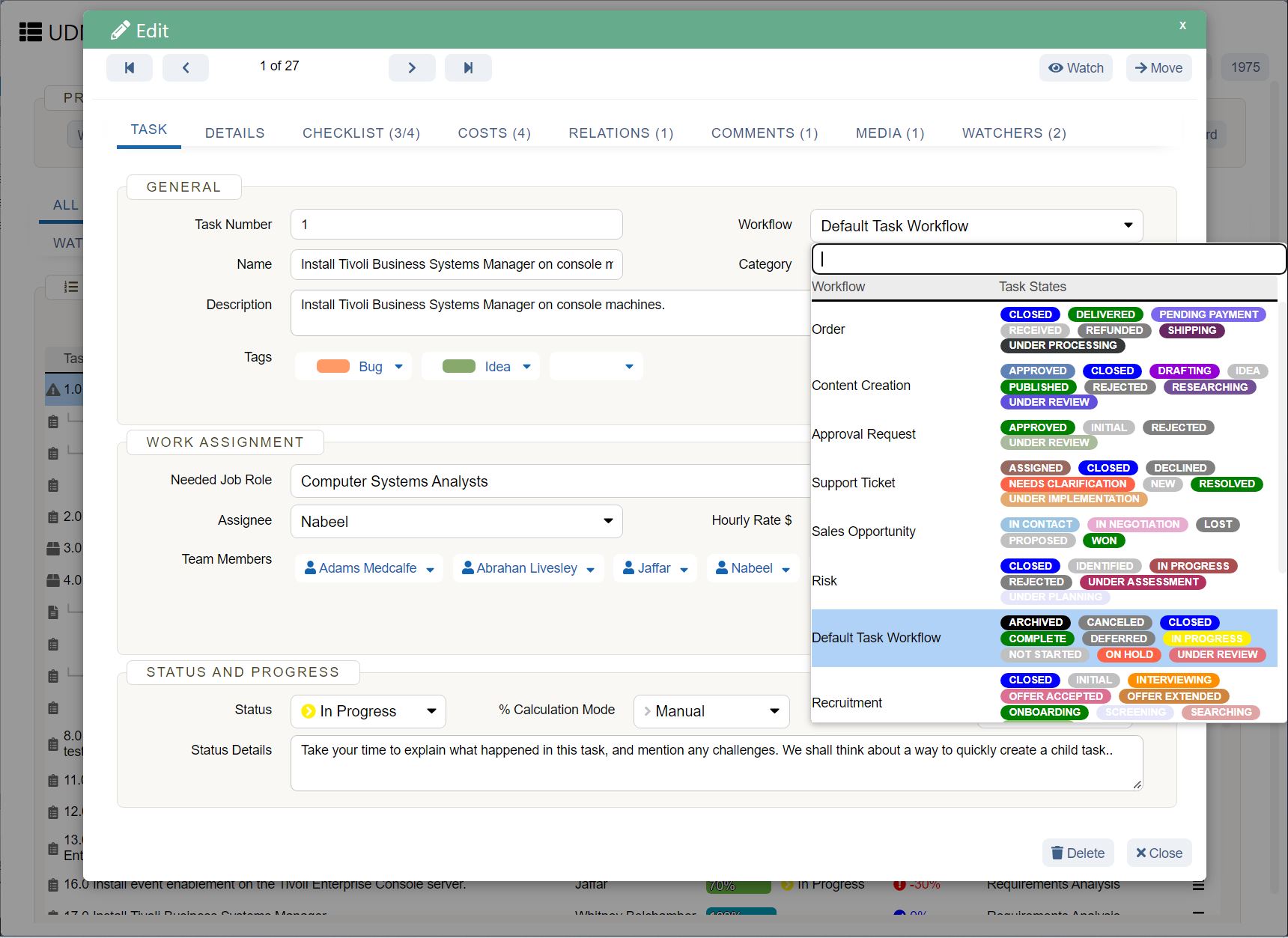
Working in a startup often means wearing many hats and going beyond your typical responsibilities. But even in such ad-hoc environments, it's important to have accountability and organization weaved into the culture and workflows from day one.
UDN Task Manager ’s secure and robust project management software allows you to seamlessly manage and execute all your projects. You can use UDN Task Manager to automate workflows, activate task notifications, provide real-time visibility, and offer project reports on a schedule to key stakeholders.
UDN Task Manager provides a safe, centralized location to share and manage resources across your organization while monitoring progress on individual projects and teams. Using UDN Task Manager , you increase your chances of success, as you can communicate a clear vision for the organization, followed by clear plans, assignments, and due dates.
UDN Task Manager also provides several essential templates you can use to prepare for different stages of your startup journey, including:
Get started today with a free two-week trial of UDN Task Manager .










